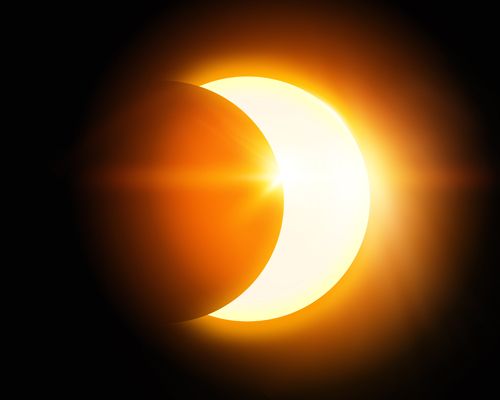

Most of us were looking to the skies this morning to get a glimpse of the first near-total eclipse for fifteen years but a team of conservationists were looking at what effect it’s having a lot closer to home.
Although in the event, it was mostly the clouds not the moon that was obscuring the sun, staff at Durrell wanted to see how some of the residents at the world famous wildlife park react to the astronomical event.
Last month a lot of them went a bit wild just before the earthquake hit the Island.
Durrell’s Rick Jones said: “There was obvious agitation all across the park before the last big ones. The gibbons were singing, the howler monkeys were roaring and even the cranes were honking incessantly. Several visitors commented that the park was “noisy” with so many animals sounding off.
“Then, less than an hour later, the earth moved. From where I was working, it felt like a huge truck had reversed into the manor house. After that, the animals settled down and by late afternoon, all was calm again. You can't help but wonder what they felt. Being a scientific organisation, we're not given to superstition or stating anecdotal “facts”, but there's obviously something we're yet to learn about going on.”
Keepers were focusing on the gorillas, orang-utans, gibbons, howler monkeys, macaques and cranes when the moon started blocking out the sun from around 8.30 am.
We’ll have to wait until August 2026 for the next near-total solar eclipse in Britain but we won’t see the sun totally hidden by the moon until September 2090.
Comments
Comments on this story express the views of the commentator only, not Bailiwick Publishing. We are unable to guarantee the accuracy of any of those comments.